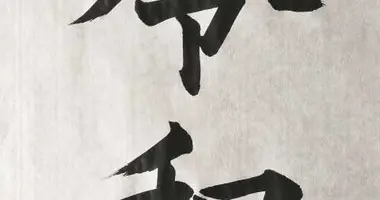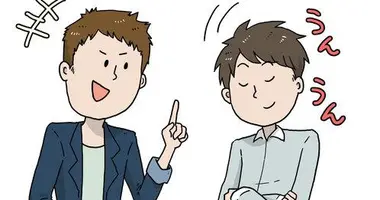Personal suffixes in Japanese 接尾辞
How to talk about others?
The Japanese language does not know Mr., Mrs. or Miss. Instead, it has suffixes that come after people's first or last names.
The choice of suffixes in the Japanese language can be confusing depending on age, status, and context.
"San", the most basic
-San is the most basic personal suffix in Japanese, and it's also the least risky for those learning Japanese to use. It is usually used with the last name rather than the first name, for example, Yamada-san.
In general, it is translated by mister or madam, but its use is much wider. Indeed, a woman can call her husband's first name followed by - san, an acceptable social norm.
In the cartoon Piano Forest, the mother of the young pianist prodigy calls him Shûhei- san, in particular, because she has great admiration for her son's talent (but also because he is from an affluent family).
"Sama", the most polite
If we want to be polite up a notch compared to -san, then we will use the suffix -sama様. Typically, this suffix is appended to the names of clients in a professional or service relationship. Because of its degree of politeness, this suffix is rarely used with a first name.
At a restaurant, you may be asked 何 名 様 で す か? ( Nan-mei sama desu ka ?), Ie "How many people in your party?". Many beginners in Japanese make the mistake of answering " san-me sama desu " (There are three of us), but beware - sama is not self-explanatory! You have to use 三人 で すsan-nin desu.
"Sensei", for certain professions
Sensei is a suffix used for teachers, doctors, politicians, or artists. Unlike other suffixes, it can be used on its own, without the last name.
If you practice Japanese martial art, then surely you are familiar with this term. It is in fact also used outside of Japan to refer teachers of judo, karate, etc.
"Kun and chan", for young people
-Kun and - chan have a very similar use, with the difference that - kun is used for males and chan for females.
-Kun is appended to the first name of a little boy or simply a boy younger than oneself, an employee with friends or classmates. It is also used between colleagues, of equal or younger age.
-Chan is a term of endearment mainly used for children or babies, between classmates or between friends, for a colleague younger than oneself in the professional sphere.
These are the most common uses, but you may encounter others depending on the context or the degree of closeness between people.
"Senpai", for seniors
-Senpai is a suffix used by a younger, less experienced person in a given setting. Generally, this framework is at schools, a sports club, or the professional sphere. A second-year student will therefore call - senpai an older student.
The junior or less experienced person is referred to by the word kôhai, but it is not a suffix (one does not say, for example, Tarô-kôhai). Just like - sensei, -sempai can also be used on its own, without having to be appended to the name.





















